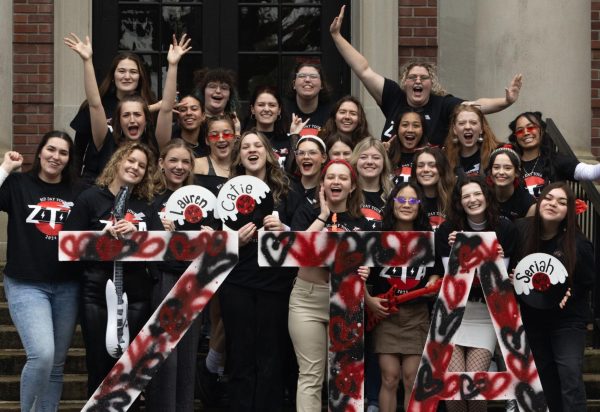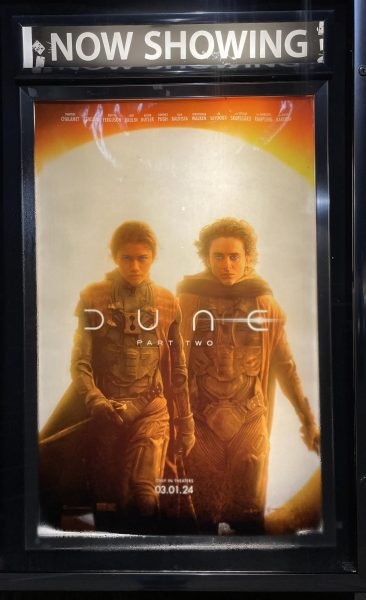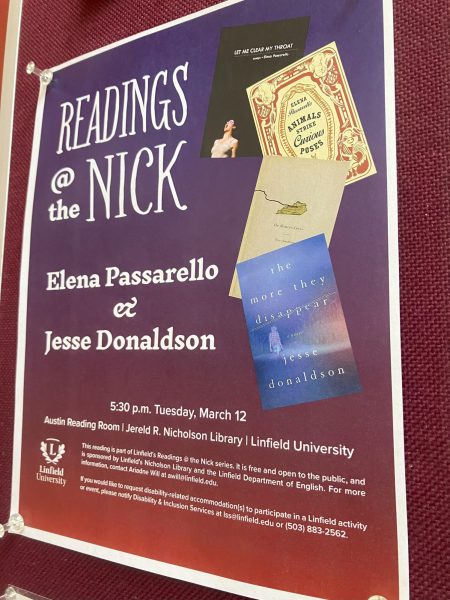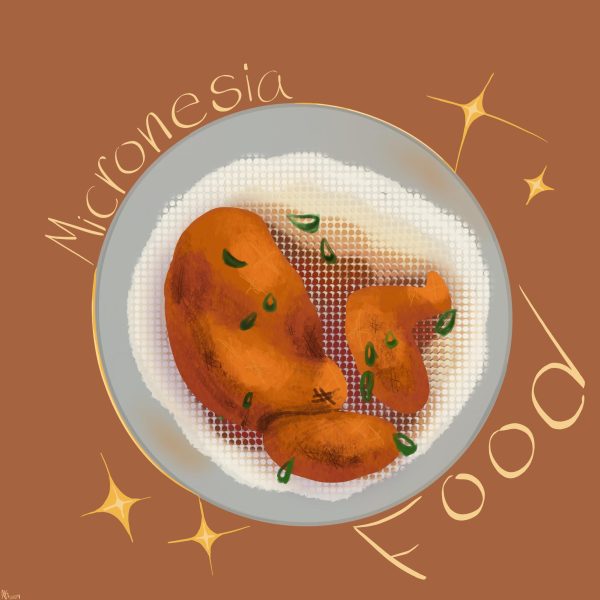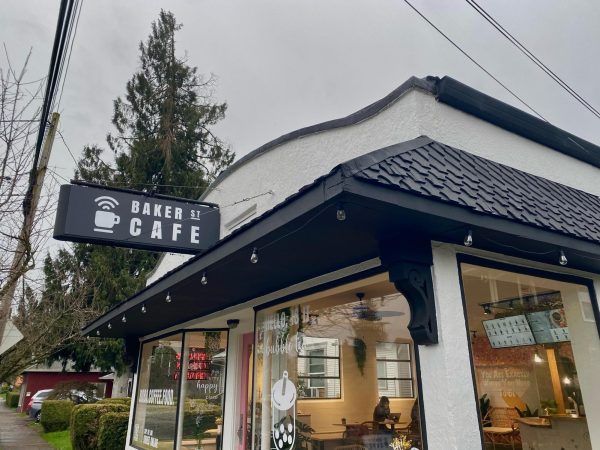Nature writer talks finding true voice, salmon’s role
November 2, 2017
Salmon are an integral part of Oregon’s ecosystems and economy according to Upstream. Upstream details the people who interact with the Salmon of the Pacific Northwest and their relationships with these creatures. Author Langdon Cook speaks of the salmon and their role in the Pacific Northwest with deep detail and colorful descriptions.
Wednesday night, Cook spoke in Nicholson Library about his book “Upstream.” Reading passages from the book and answering questions from Linfield’s creative writing professor Joe Wilkins about his inspiration.
“I think Langdon Cook’s work is doing what Linfield is. Which is sort of dig in to our place, dig in to where we are are and to talk about the very real issues that are occurring right here and to speak about who are and what we might be and think this book does that through the lens of salmon,” Wilkins said.
Although Cook grew up outside New York City, he has lived in the Pacific Northwest for 25 years now. Cook narrated his experience growing up playing in nature and the woods around his house. As an only child, he described the woods as his siblings.
Although as he got older he became more distant from that part of his life. After attending the State
of England college he traveled to New Mexico, working on ski lifts. He then moved to California and began working for newspapers. Cook says “The moment I got to the west coast I knew I found my spiritual place especially in the Northwest.”
After moving to Seattle and earning a creative writing degree from the University of Washington, he found himself back in the outdoors and writing books on nature, including “The Mushrooms Hunters.”
“My advice to student writers would be to read as much as you can and as widely as you can. When I was in grad school, for writing I think it was the reading that I did in some ways that was the most helpful. I tried
on a lot of hats which is to say I tried a lot of writing styles before I found my voice. It really a process of self discovery you just need to keep at it every day,” Cook said.
As Cook read a scene from his newest book, laughter emerged from the audience. Structuring his book
to begin the story where readers can most identify: Pike Place market. Then moving on to the role of salmon in a restaurant through the eyes of a chef. He then moves on to the role they lead in the Columbia River.
“This region has been defined by salmon just as much as the glaciers that carved it out,” Cook said.
“Through all the different avenues he does a good job of getting around to all of the different constituents not just fishermen, but the chef, the indigenous tribes, the commercial fisherman, just hearing what they have to say and their different stories,” environmentalist Conrad Gowell for the Native Fish Society said.
Cook spoke passionately about “Upstream” as he read passages and explained his passion toward the salmon.
“We need to have a different relationship with nature,” Cook said.
Linfield freshman Gretel Valdes said, “Not being from the Pacific Northwest, I thought it was very interesting to know that salmon has such a big impact on this area which i never thought about. I didn’t really know much about any kind of salmon so just hearing about the impact for the environment and the area.”
Wilkins asked Cook what he thought the future of salmon may be for future generations.
As a father of two, Cook mentioned how his children had been fishing since they could stand, his boy was still a toddler when he caught his first salmon.
Cook explained how in the true realm of life his lifetime is like a blink to the environment and ecosystems. Despite the short time, Cook said he has seen the decline of the salmon. “There are things we can do to make it easier for these incredible and totemic creatures,” Cook said.
“I really appreciated his comments on hatcheries and how it seems we are addicted to aquaculture. The spectrum with farm fish and then the middle with hatcheries which are artificially producing salmon and releasing them into the wild and then what I think he really gets at is why we should value wild fish,” Wilkins said.
“Fall Back Down When I Die” by Langdon Cook is to be published next year. Coming up, Nicholson Library will host a poet on Nov. 13 and a memoir on Nov. 14.






